أيروجيني — مساعدك الذكي للطيران.
الرائج الآن
Categories
Engine Issues Affect Performance of Airbus A321neo
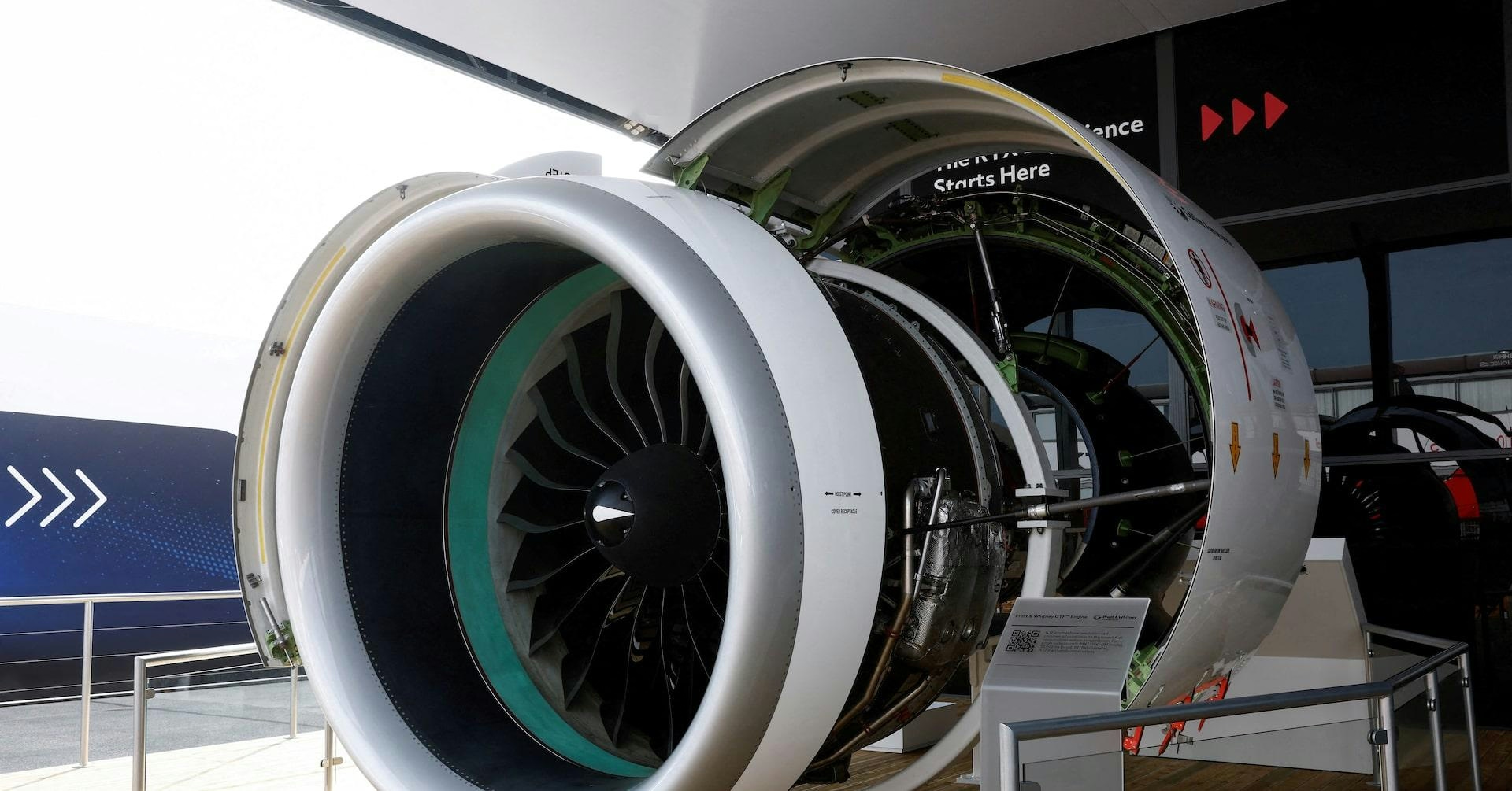
Engine Issues Affect Performance of Airbus A321neo
The aviation industry continues to grapple with the aftermath of the Boeing 737 MAX crashes in 2018 and 2019, events that not only impacted Boeing but also reverberated across its main competitor, Airbus. The Federal Aviation Administration (FAA) has maintained stringent oversight on Boeing’s 737 production, withholding type certificates for the MAX 7 and MAX 10 variants. This erosion of confidence has also contributed to delays in certifying Boeing’s 777X. Amid these developments, concerns emerged in 2019 regarding whether Airbus’s A320 and A321neo aircraft might face similar challenges.
Subsequent investigations identified specific issues with the Airbus A321neo, particularly related to excessive pitch attitude during certain simulated flight scenarios. Airbus responded promptly by implementing corrective measures to address these concerns. Nevertheless, the A321neo has since encountered further difficulties, primarily stemming from engine-related problems that have increasingly affected its operational performance and reliability.
A Popular Mid-Sized Aircraft Facing New Hurdles
Introduced in 2017, the Airbus A321neo—the stretched variant of the A320neo family—rapidly gained favor among airlines worldwide. Its extended range capabilities, notably up to 4,700 nautical miles in the A321XLR configuration, have effectively filled the mid-sized market niche left vacant by the discontinued Boeing 757. The aircraft’s efficiency, delivering up to 20% lower fuel burn and emissions per seat compared to previous-generation models, has made it particularly attractive to carriers. Major operators include IndiGo, which has 700 A321neos either in service or on order, alongside AirAsia, Wizz Air, and Air Lease Corporation, each maintaining substantial fleets.
Engine Choices and Ongoing Reliability Issues
Unlike the Boeing 737 MAX, which is exclusively powered by the CFM International LEAP-1B engine, the Airbus A321neo offers operators a choice between the CFM LEAP-1A and Pratt & Whitney’s PW1100G-JM engines. The LEAP-1A, a larger variant of the LEAP engine family, has emerged as the preferred option, largely due to persistent reliability issues associated with the PW1100G-JM.
Pratt & Whitney’s PW1100G-JM turbofan engines have encountered significant challenges, including contamination with metal particles that have necessitated accelerated inspection protocols and engine removals due to cracking concerns. These technical difficulties have not only undermined aircraft reliability but have also disrupted production schedules, as shortages in engine availability cascade through the supply chain. The broader A320neo family has similarly been affected by these engine shortfalls, compelling some airlines to reconsider their fleet strategies and, in certain cases, ground affected aircraft.
Market and Industry Impact
The ongoing engine reliability problems have elicited notable responses within the market. Swiss Airlines, for instance, is reassessing the future of its A220-100 fleet in light of persistent engine complications. Competitors have also adjusted their operational strategies; Wizz Air Abu Dhabi recently announced the suspension of all local operations effective September 1, citing engine issues among other operational challenges. Although Pratt & Whitney has introduced durability enhancements for its geared turbofan (GTF) engines, these measures have yet to produce a significant reduction in aircraft groundings, highlighting sustained concerns across the industry.
As airlines and lessors continue to navigate these challenges, the dependability of engine suppliers remains a pivotal factor influencing the trajectory of the A321neo and the wider narrowbody aircraft market.

Incheon Airport Opens 600 Billion-Won Aviation AI Innovation Hub with LG CNS
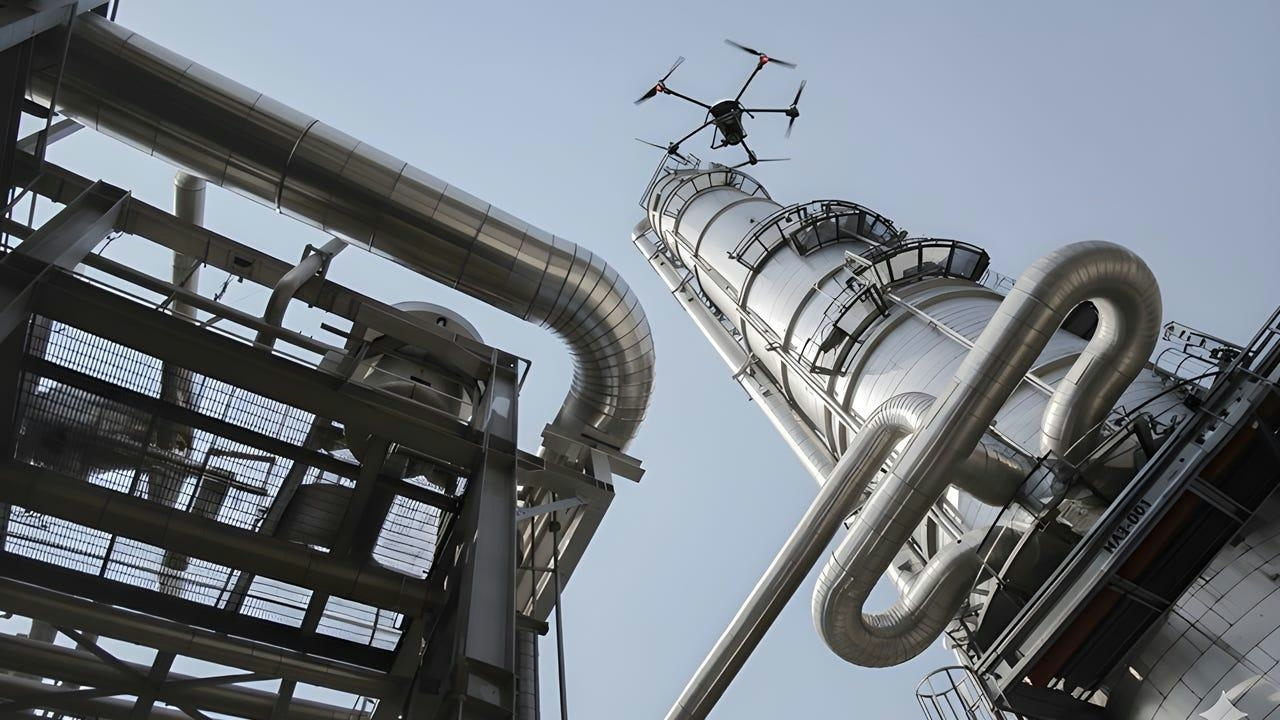
AI to Enhance Data Integration for Fault Resolution in MRO Middle East
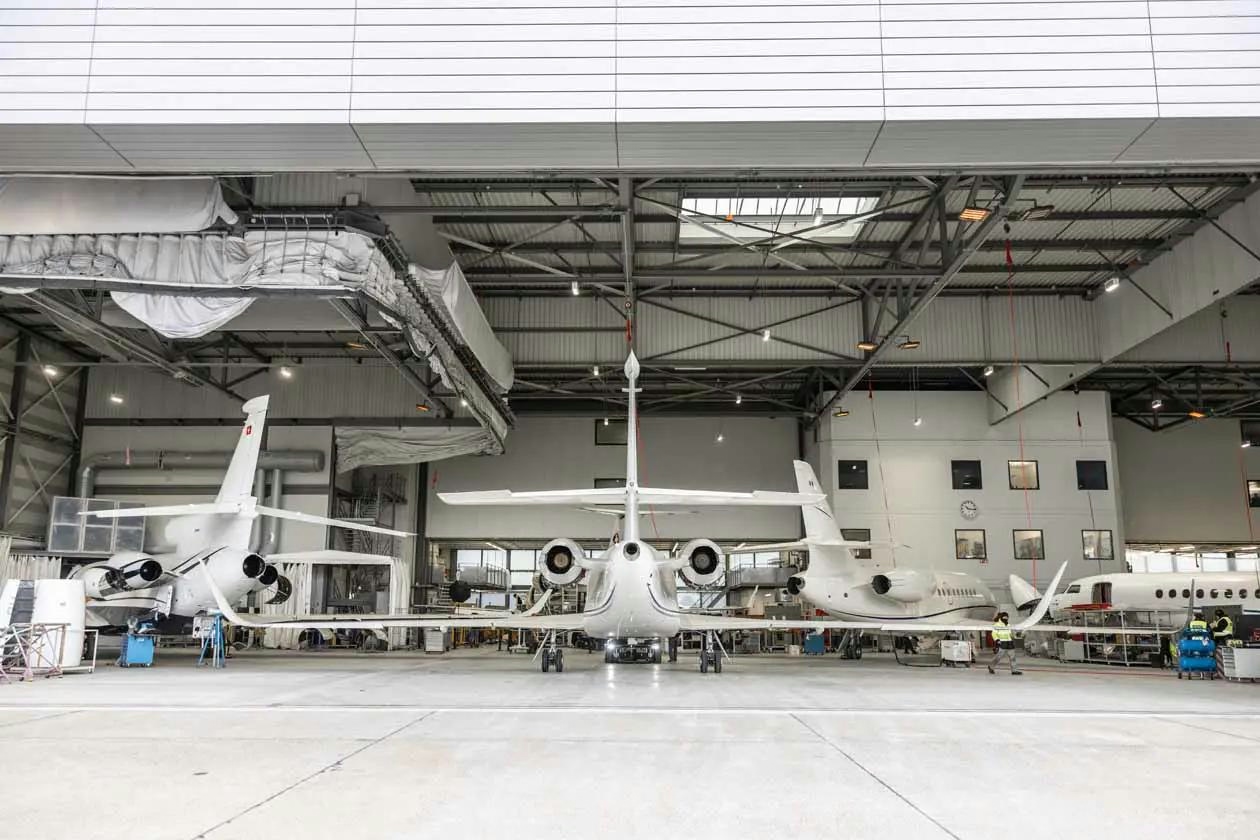
ExecuJet MRO Services Celebrates 20 Years in the Middle East
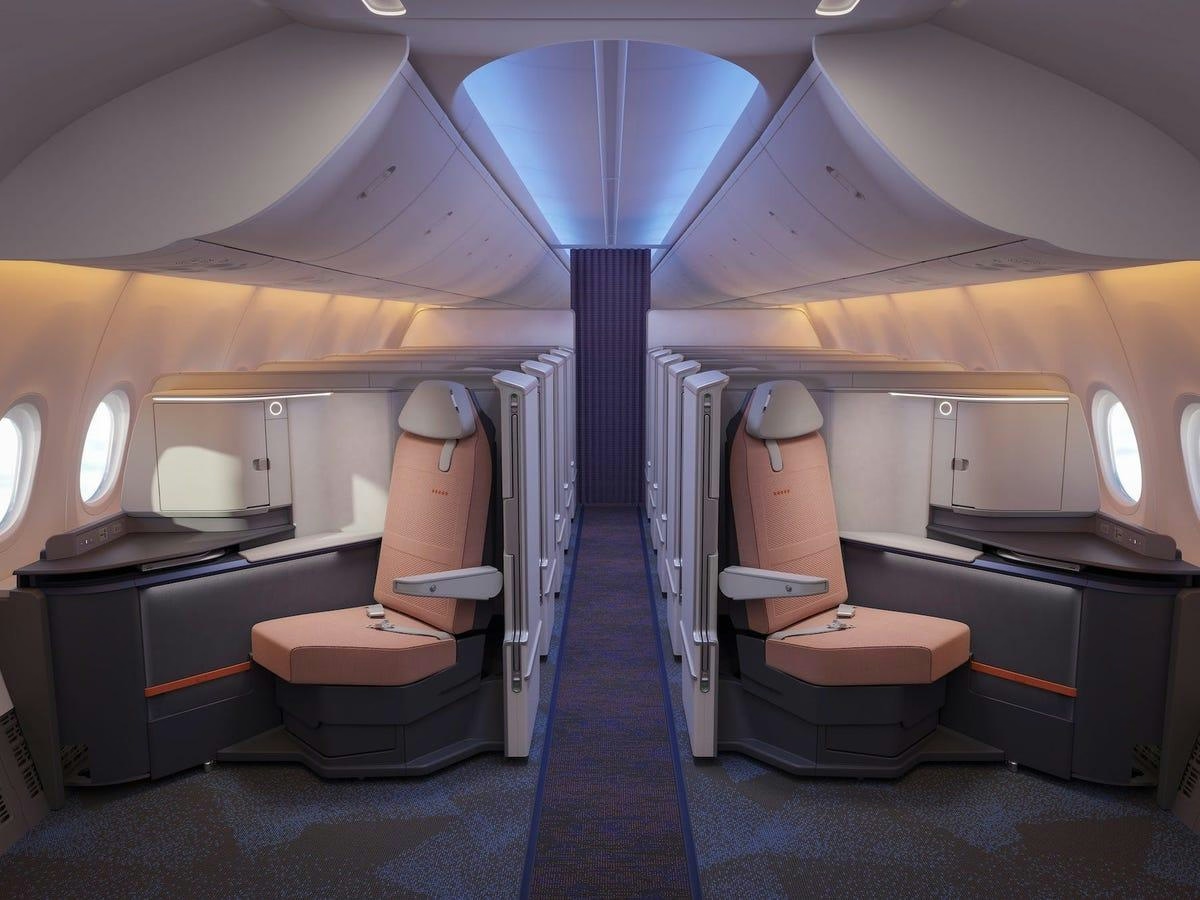
Airlines Offering Lie-Flat Business Class Seats on Narrowbody Aircraft

Saudi Arabia and Spain Forge Partnership to Advance Sustainable Aviation
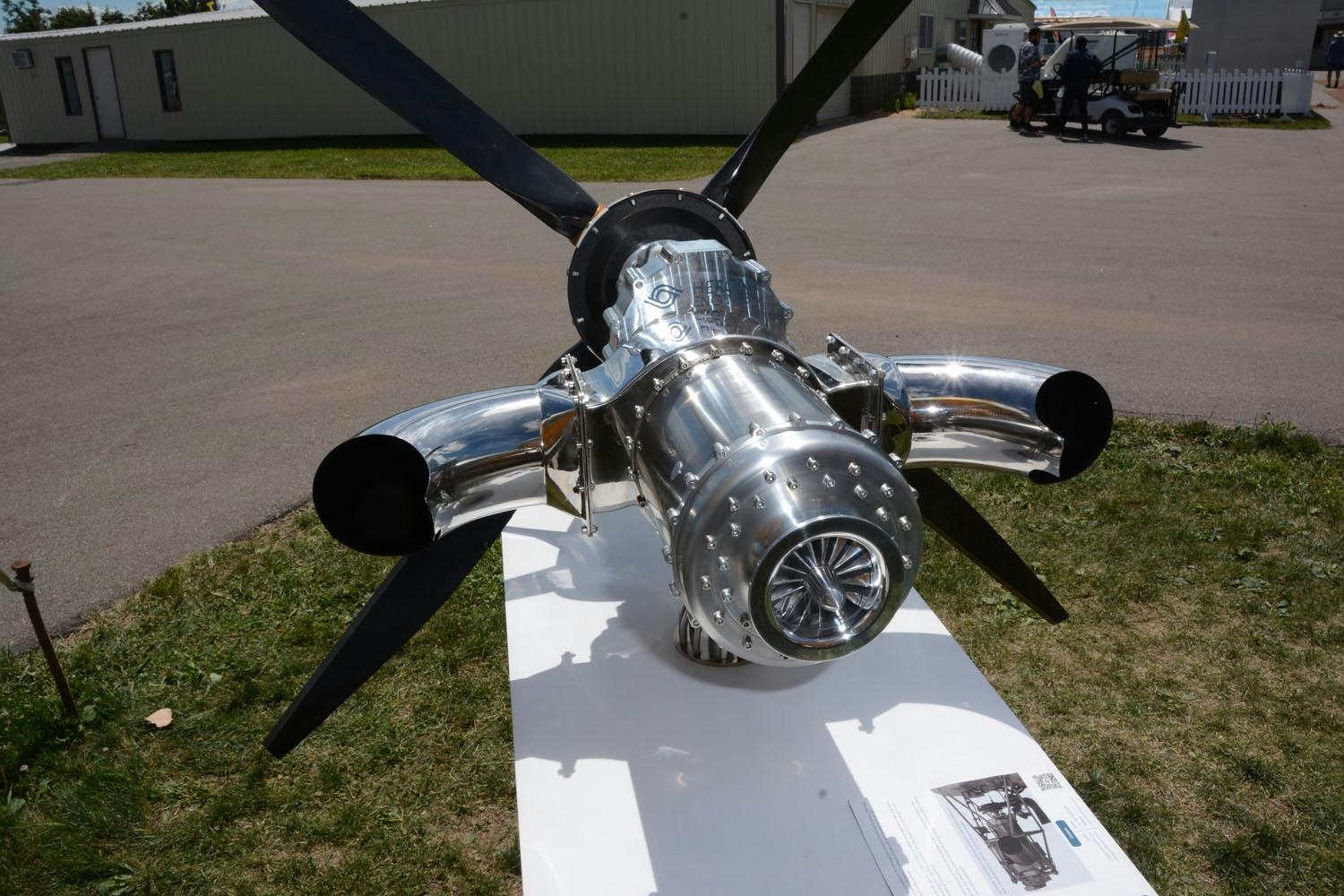
An Overview of FSC 29 Engine Accessories in Aerospace
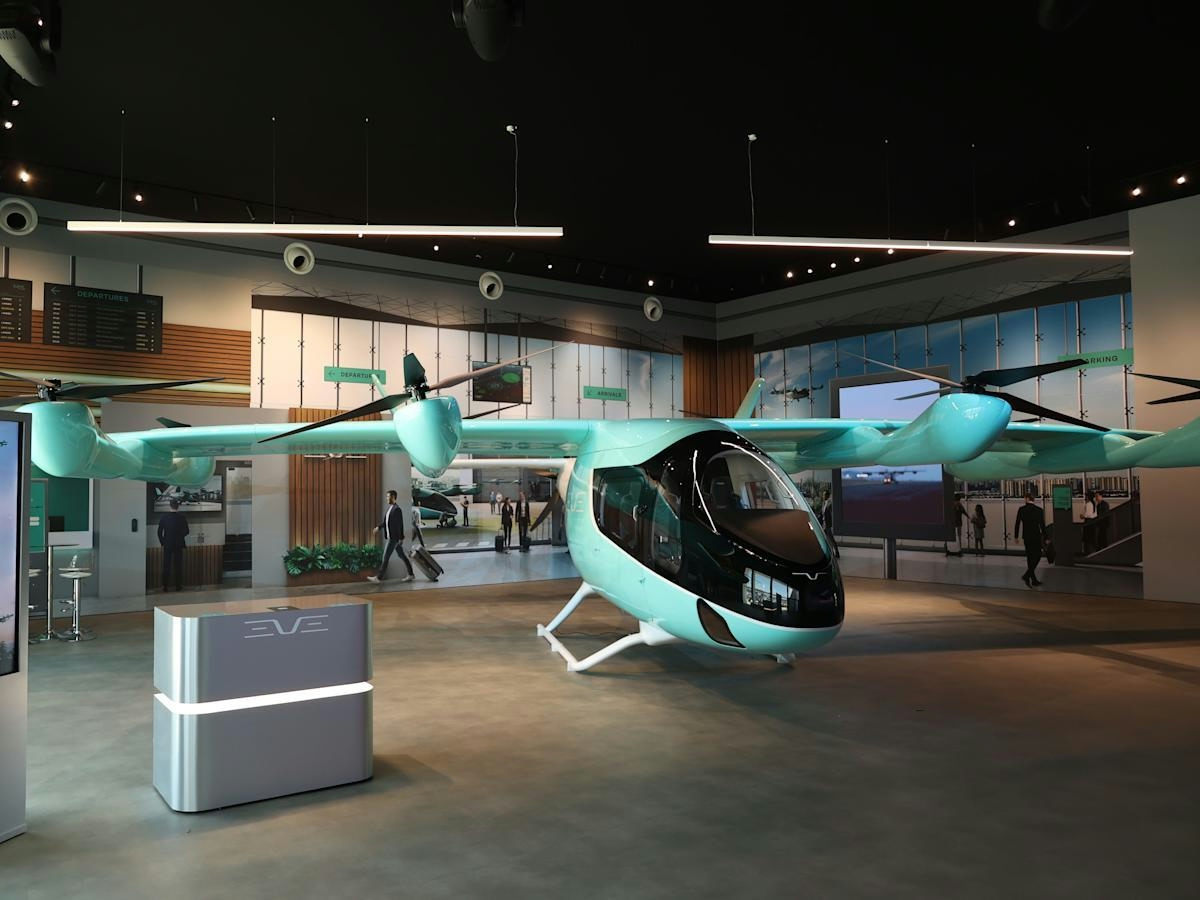
Singapore Begins Air Taxi Trial for Medical Emergencies
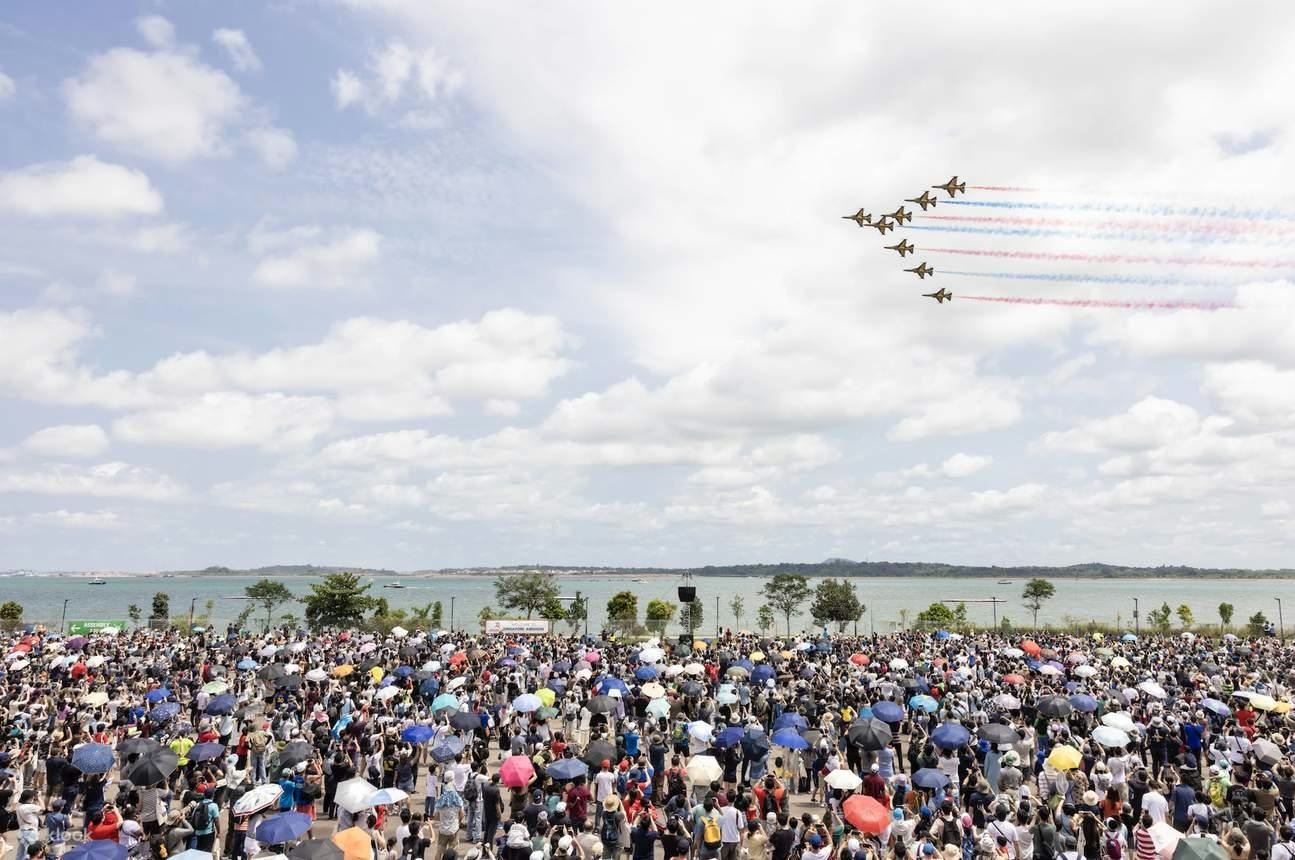
Guide to the Singapore Airshow 2026 and Regional Highlights
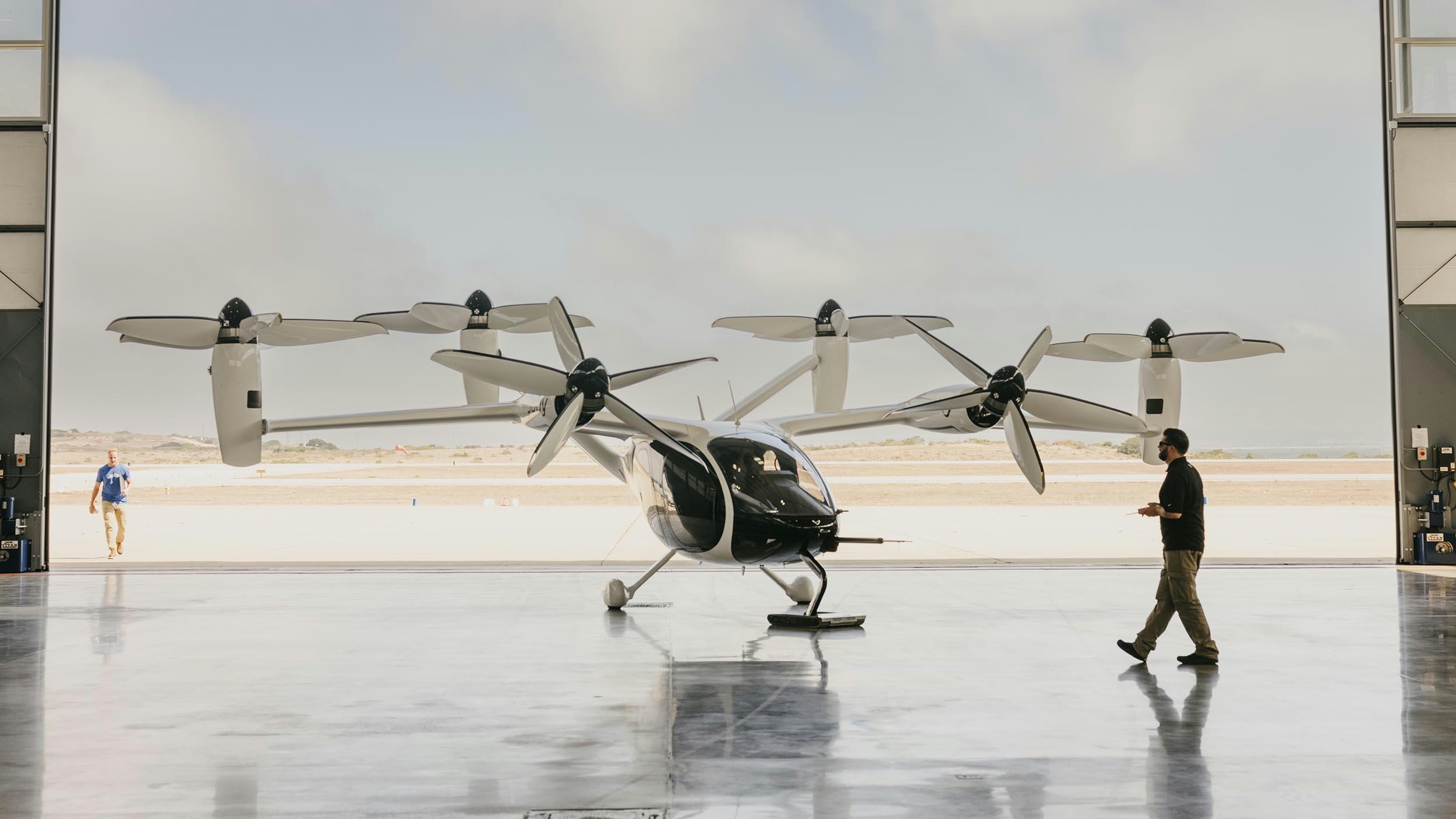
The World’s Largest eVTOL Air Taxi Transforms Sightseeing and Regional Travel
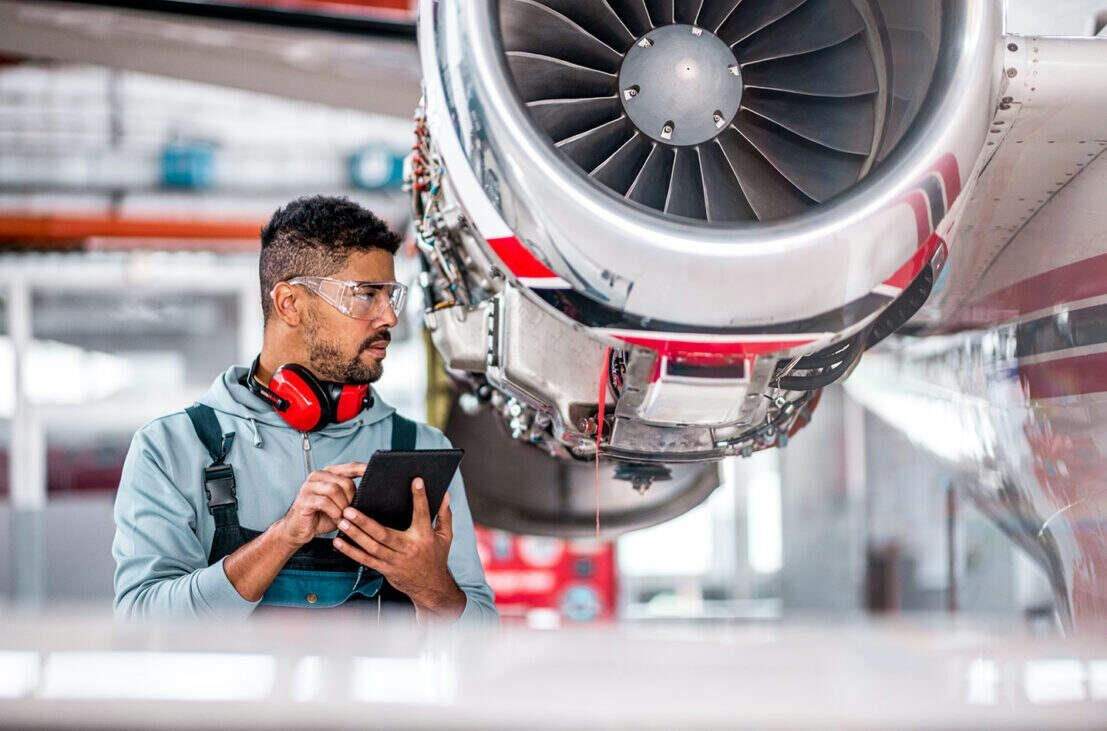
Jets MRO’s Suresh Narayanan Addresses Aviation Bottlenecks
